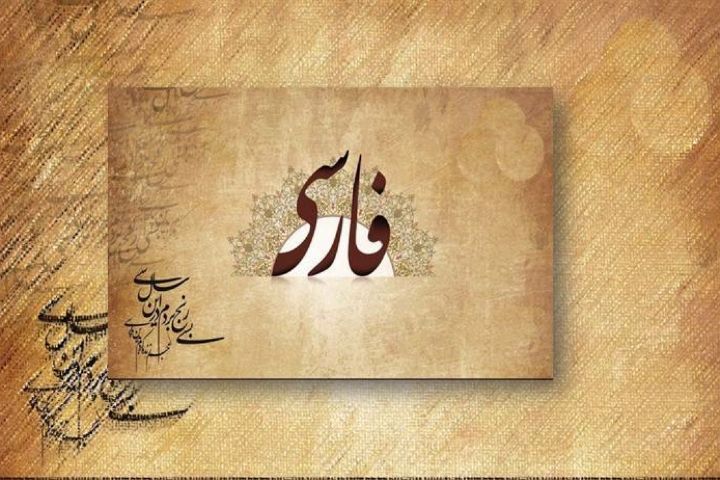In an interview with the website of the Strategic Council on Foreign Relations, Seyed Bagher Sakhayee said: Language is an important pillar of a nation’s identity and nationality and is the most important gateway to getting familiar with the culture of nations.
That big powers invest so much in promoting their language is because of its role in upholding soft power, he said adding, establishment of powerful educational institutions in big countries such as China’s Confucius, Germany’s Goethe-Institut, UK’s British Council, France’s Alliance Française, Turkey’s Yunus Emre Institute, Russia’s Russkiy Mir Foundation and other institutes, is not for sympathizing with people in other countries, yet these countries that embark upon teaching their country’s language to the world people and invest heavily for it, have no purpose other than cultural transfer and influencing culturally, and in a sense public and cultural diplomacy.
Advisor to the head of Saadi Foundation emphasized: Today, soft power can be transferred through language and language plays the strongest role in transmitting the culture and civilization of any country and as a result in cultural domination and ultimately economic and political power.
China’s Confucius Institute has about 540 Chinese language training centers worldwide and 11 million people are learning Chinese language around the world, he said, asking whether spending such expenses are for things other than using soft power.
Reminding that Persian as one of the four classical languages of the world stands next to Greek, Latin and Sanskrit and more than 110 million people speak Persian, he said we should observe the Persian language not only in its cultural dimension but also as a leverage to increase the soft power and authority of the Islamic Republic of Iran in the world.
Describing the extent of the influence of the Persian language from the past to the present and the causes of its decline, he said: Persian language which can be traced back to Bisotun inscription in the sixth century BC, in the Achaemenid era was the dominant and administrative language of the country and was the official language of the Indian Subcontinent in the Mughal Empire period, however today it has lost its real status due to the Iranophobia and Shia-phobia propaganda launched by oppressive powers and their regional lackeys.
Referring to Iranian Foreign Minister Mohammad Javad Zarif’s remarks that “Persian language helps us in official diplomacy”, Sakhayee added: Persian language as cultural diplomacy will allow our diplomacy to introduce its culture, society and people to others.
He said that teaching Persian language in the world should be included in the agenda of the foreign ministry within the framework of public diplomacy. “Unfortunately, ignoring this issue has led to the fact that the Persian language, which is our greatest national heritage and dates back to thousands of years ago, lose the status it deserves.
He also mentioned Iranophobia, among other factors, as the biggest blow to the spread of Persian language in the world.










0 Comments